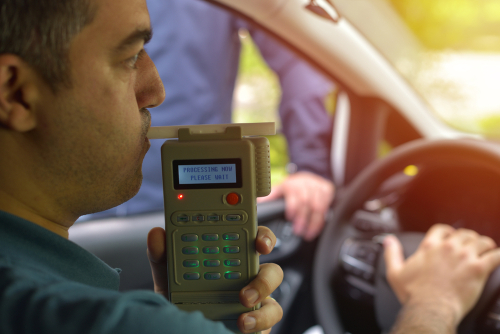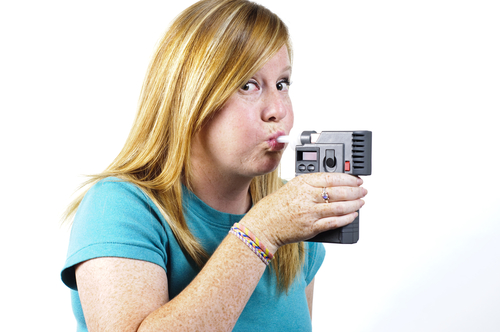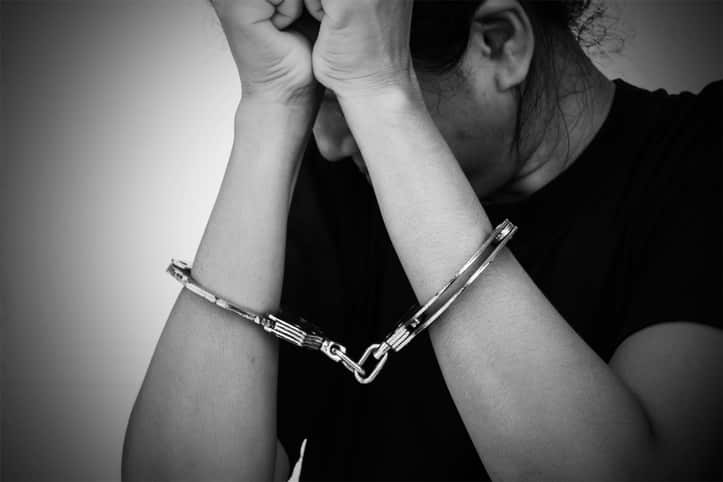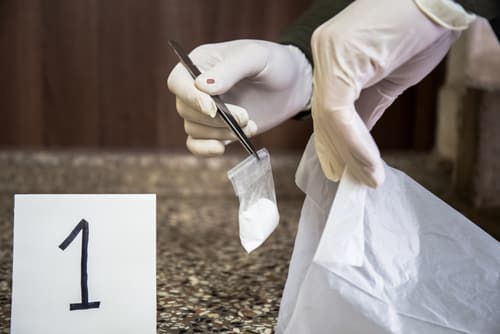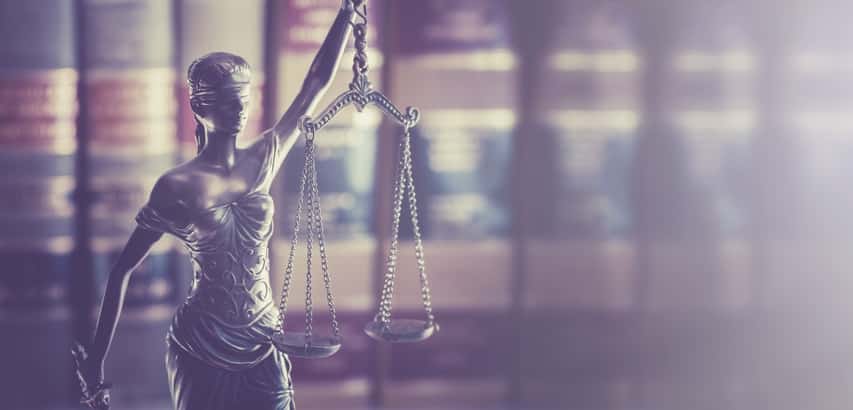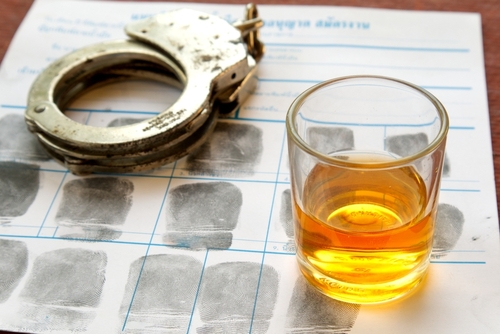
How Hard Is It to Fight a DUI Charge in South Carolina?
If you are facing a DUI charge in South Carolina, you need to fight your charge by all means available. A conviction could mean fines and jail time (among other penalties); even if you can avoid jail, a conviction will still negatively impact most aspects of your life.
But how hard is it to fight a South Carolina DUI? Do you need a defense lawyer, or can you do it yourself?
Fighting a DUI Charge in South Carolina is Hard, Really Hard
The short answer is that fighting a South Carolina DUI is hard—hard. You need to avoid numerous pitfalls, and even if you do, prosecutors may still be able to secure a conviction. Fighting a DUI charge requires your full attention and the advice, insights, and representation of an experienced defense lawyer.
Here are just some of the reasons why you shouldn’t try to fight a South Carolina DUI charge on your own:
There Are Several Potential Ways to Fight a South Carolina DUI
While there are several potential defenses to DUI charges in South Carolina, choosing the proper defense (or defenses) to assert in your case requires an in-depth understanding of the facts and the law. If you try to maintain a viable defense but aren’t able to do so successfully, or if you overlook a defense that you could—and should—have used to protect yourself, you could face the consequences of a DUI conviction unnecessarily.
When facing a DUI charge, making claims or assertions isn’t enough to protect you. For example, while an unconstitutional traffic stop or arrest may give you a defense under the Fourth Amendment, you can’t simply walk into court and state that the police violated your Fourth Amendment rights. You must be able to demonstrate the violation with evidence—and you must also be able to prove that the violation warrants dismissal of your DUI.
Not Everything that Seems Like a Defense is a Defense
Crucially, while there are several potential defenses to DUI charges in South Carolina, not everything that seems like a defense will protect you in court. There are many misconceptions, and if you rest your case on a fundamentally flawed defense, you will stand virtually no chance of avoiding a conviction.
Prosecutors Can Win Without Your Blood Alcohol Concentration (BAC)
One of the most common misconceptions about facing a DUI in South Carolina is that prosecutors need your blood alcohol concentration (BAC) reading to secure a conviction. Under South Carolina’s DUI law, this is not the case.
While proving your BAC is one way that prosecutors can secure a conviction, they can also connect a conviction by presenting evidence that you were “under the influence of alcohol to the extent that [your] faculties to drive a motor vehicle are materially and appreciably impaired.” If your faculties were “materially and appreciably impaired,” it doesn’t matter whether your BAC exceeded the legal limit.
Prosecutors Can Win Without Evidence of Impairment
Just as prosecutors can win without your BAC, they can also win without evidence of impairment. If your BAC was over the legal limit (and prosecutors can prove it), then it doesn’t matter whether your driving abilities were “materially and appreciably impaired” due to alcohol consumption.
While there are various to challenge the reliability and accuracy of your results, successfully soiree an in-depth understanding of South Carolina law and the rules that govern police breath testing procedures on the side of the road, even if your one reading is unreliable or inaccurate (or otherwise objectionable), you won’t be able to keep it out of one case unless you prove it in court.
The Judge Isn’t On Your Side
The judge isn’t on your side when facing a DUI charge in South Carolina. The judge isn’t on anyone’s side. The judge’s role is to hear the evidence and render an unbiased decision based on South Carolina law. If prosecutors present a compelling case for guilt and you don’t do anything to raise legitimate issues with their case, the judge may have no choice but to find you guilty of DUI. Even if you are a sympathetic defendant and genuinely made a one-time mistake, this isn’t enough to convince the judge to deviate from their legal duties behind the bench.
Missing Court Dates and Making Other Mistakes Can Leave You Without a Second Chance
From a court date to saying the wrong thing to the judge, numerous mistakes can prevent you from asserting a successful defense. These mistakes can also leave you without a second chance to fight your DUI. When fighting a DUI charge in South Carolina, you need to be very careful and avoid doing anything that could lead to an unnecessary conviction.
Is It Worth Fighting Your DUI in South Carolina?
Given these challenges, is it worth fighting your DUI in South Carolina? Or is it time to accept the consequences and move on?
As we mentioned in the introduction, the consequences of a DUI conviction can be substantial. Jail time is a real possibility for first-time offenders, and a conviction can also lead to thousands of dollars in fines, surcharges, costs, and increased insurance premiums. Then, there are the collateral consequences of having a conviction on your permanent record. In other words, fighting your DUI charge is well worth it, and you need to work with an experienced defense lawyer to ensure you do everything you possibly can to avoid unnecessary consequences.
Discuss Your South Carolina DUI Case with a Defense Lawyer for a Free
If you are facing a DUI charge in South Carolina, we encourage you to contact us promptly for more information. To discuss your case confidentially with an experienced Rock Hill defense lawyer, call 803-328-8822 or request a free online consultation.

